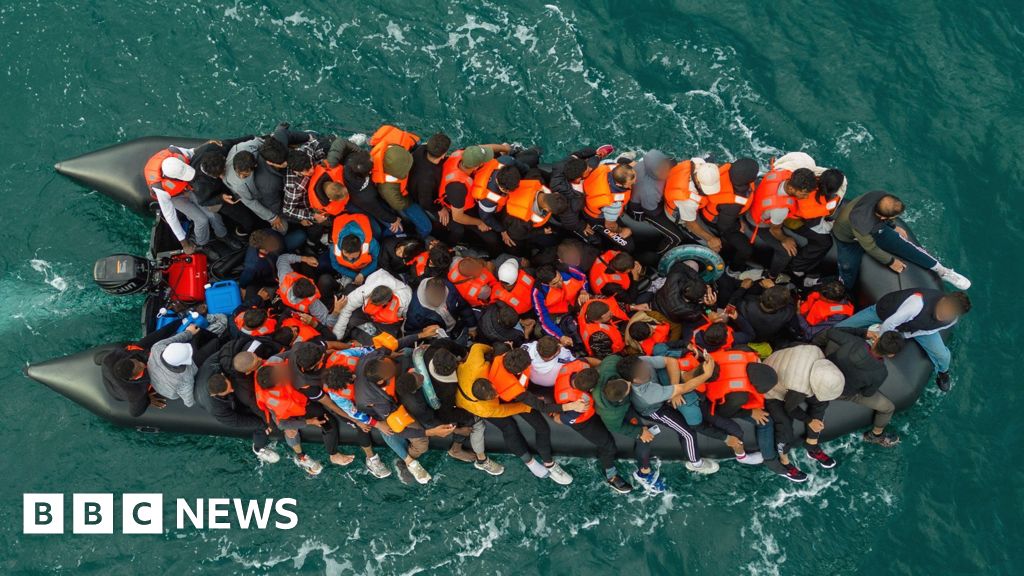The Duality of Thanh: A Forger’s Tale of Regret and Resilience
In the shadows of society, where legality and morality often blur, Thanh’s story unfolds—a narrative steeped in complexity, contradiction, and the relentless pursuit of survival. As a forger in Vietnam, Thanh acknowledges the illegality of his work, yet he carries a sense of pride in his reputation: “People trust me, I have never failed.” This duality encapsulates the life of a man who has navigated the treacherous waters of crime, family, and the pursuit of a better life.
The Weight of Choices
Thanh’s journey into forgery was not born from a desire for wealth or power, but rather from a pressing need to support his family. He admits, “I am not proud of my work,” yet his boastful tone reveals an underlying complexity. In Vietnam, he rationalizes his actions, insisting that forgery is “not a serious crime.” This perspective highlights a cultural context where the lines between right and wrong can be obscured by necessity.
However, the allure of a new life in the UK proved too strong to resist. Earlier this year, Thanh made the decision to leave his family behind in Vietnam, a choice that raises questions about his motivations. Was it the struggle of his business, the looming threat of the Vietnamese police, or perhaps a deeper, more personal conflict that drove him to abandon his life?
A Life of Deception
As Thanh recounts his experiences, it becomes evident that a lifetime of deception has blurred his ability to discern truth from fiction. He speaks of his struggles in the UK, where the promise of prosperity has turned into a harsh reality. “It’s not so easy for illegal arrivals to find work or make money,” he laments. The challenges he faces are compounded by the fact that the opportunities he once sought are dwindling, leaving him to navigate a precarious existence in the grey economy.
Despite his claims of wanting to distance himself from illegal activities, Thanh acknowledges the tempting prospects of working on a cannabis farm. “If you want to work on a cannabis farm, there are opportunities,” he admits, revealing the ongoing tug-of-war between his desire for a legitimate life and the allure of quick money.
A Cautionary Voice
In a surprising twist, Thanh positions himself as a cautionary figure, urging others in Vietnam to reconsider their dreams of migrating to the UK. “I just want people in Vietnam to understand that it’s not worth borrowing lots of money to travel here,” he warns. His message is clear: the reality of illegal migration is fraught with challenges, and the risks often outweigh the rewards.
Thanh’s plea extends beyond personal regret; he calls on UK and European governments to amplify the message that jobs for illegal migrants are scarce. He blames smuggling gangs for perpetuating false narratives about the opportunities that await in Europe, emphasizing the need for transparency to prevent others from falling into the same traps he did.
The Irony of Hypocrisy
Yet, as we delve deeper into Thanh’s narrative, a sense of hypocrisy emerges. When confronted about his continued involvement in forgery and smuggling, he shrugs it off as mere business. “We don’t force anyone to do what they do,” he insists, downplaying the dangers associated with the industry. This dismissal raises questions about the moral implications of his actions and the impact they have on others.
The rising death toll in the Channel, a perilous route for many seeking a better life, looms large in the conversation. Thanh acknowledges the dangers but maintains that his role is minimal in the grand scheme of things. “My role is just a small one in a much bigger process,” he states, reflecting a disconnection from the human cost of his actions.
A Flicker of Regret
As the interview draws to a close, a flicker of concern crosses Thanh’s face, hinting at the weight of his choices. He admits, “If I could start again, I would not leave Vietnam. I think my life would be much better if I had stayed at home.” This admission reveals the internal conflict that has plagued him since his departure—a struggle between the desire for a better life and the harsh realities of his current existence.
Thanh’s story is a poignant reminder of the complexities surrounding illegal migration and the choices individuals make in pursuit of a better future. It underscores the need for empathy and understanding in addressing the root causes of such decisions, while also highlighting the dangers of a life built on deception.
Conclusion
In the end, Thanh’s narrative is one of resilience, regret, and the relentless pursuit of survival. His journey serves as a cautionary tale for others who may be tempted to follow in his footsteps, urging them to consider the true cost of their dreams. As he navigates the murky waters of his past and present, Thanh embodies the struggles faced by many in the quest for a better life—a quest that often leads to unforeseen consequences and a reckoning with one’s own choices.
